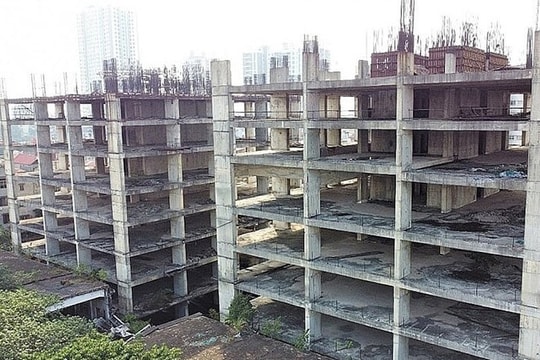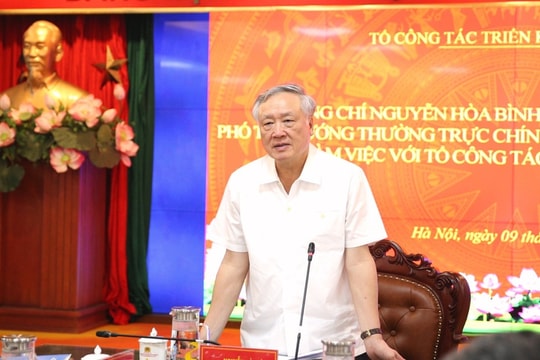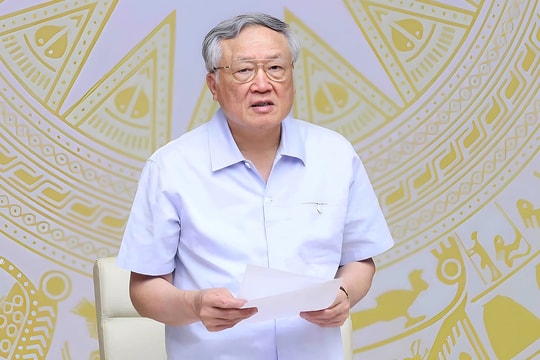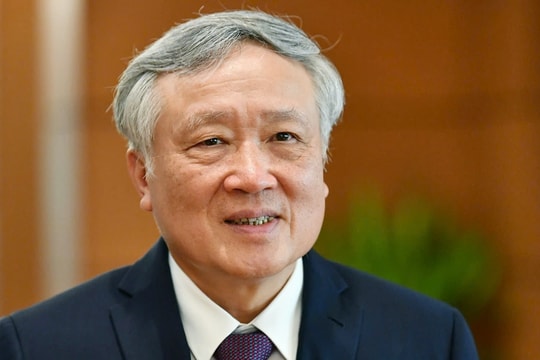Chief Justice of the Supreme People's Court: All violations in the court system are strictly handled, there are no forbidden zones, no cover-ups.
(Baonghean.vn) - From 2021 to now, 106 cases of court officials and civil servants have been disciplined, including 7 cases of corruption and negativity.
On the morning of March 20, at Dien Hong Hall, the National Assembly, the National Assembly Standing Committee held a question-and-answer session at the 21st session on a group of issues in the court sector. Comrade Vo Van Thuong - Politburo member, President attended the question-and-answer session.
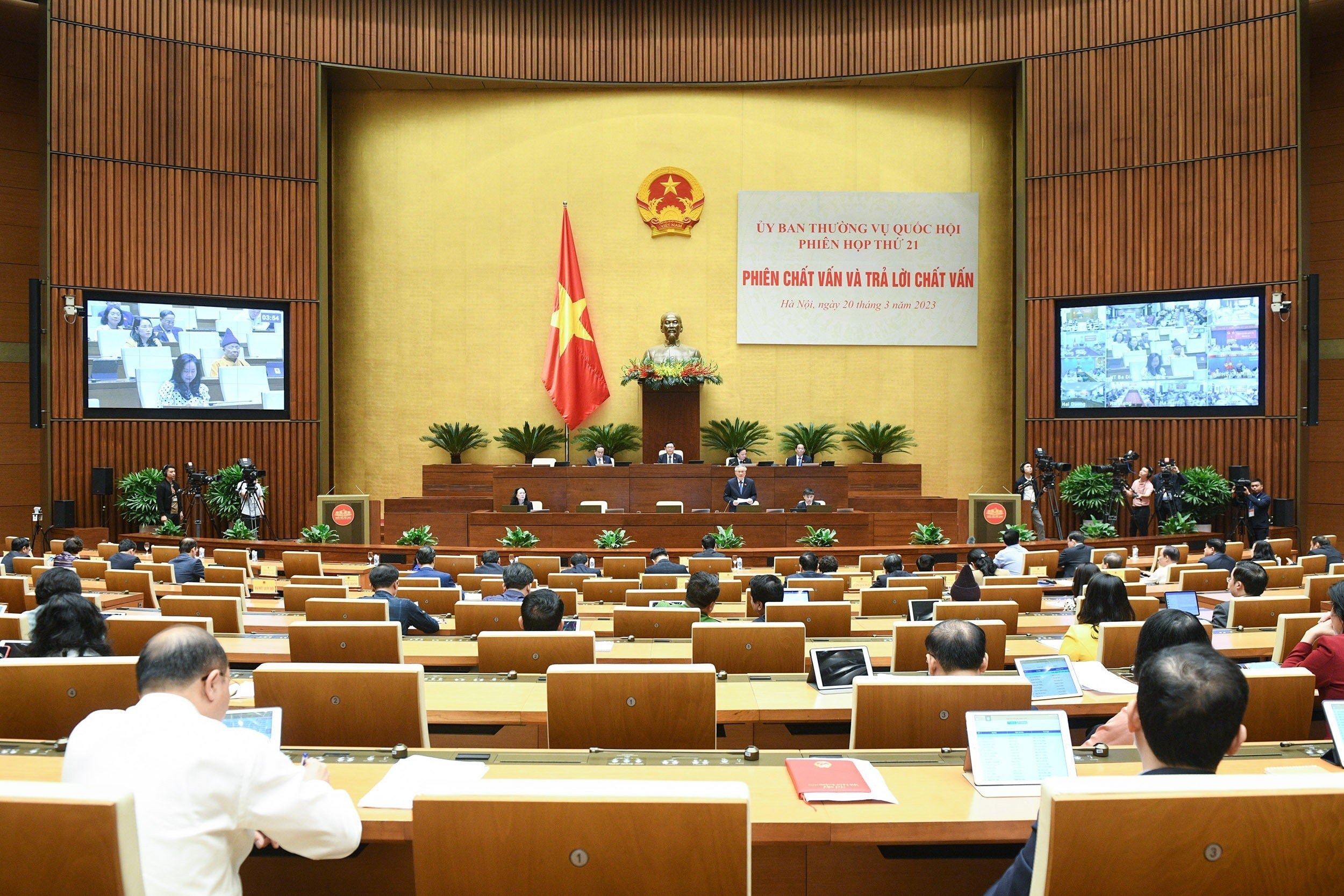 |
Panorama of the question and answer session at Dien Hong Hall, National Assembly House. Photo: Thanh Duy |
At Nghe An bridge, comrade Thai Thi An Chung - Member of the Provincial Party Executive Committee, Deputy Head of the Provincial National Assembly Delegation chaired.
Attending the question and answer session were comrades: Nguyen Nam Dinh - Member of the Provincial Party Standing Committee, Permanent Vice Chairman of the Provincial People's Council; Nguyen Nhu Khoi - Member of the Provincial Party Executive Committee, Vice Chairman of the Provincial People's Council; National Assembly deputies residing in the province, along with leaders of the Provincial People's Council committees, a number of departments and branches.
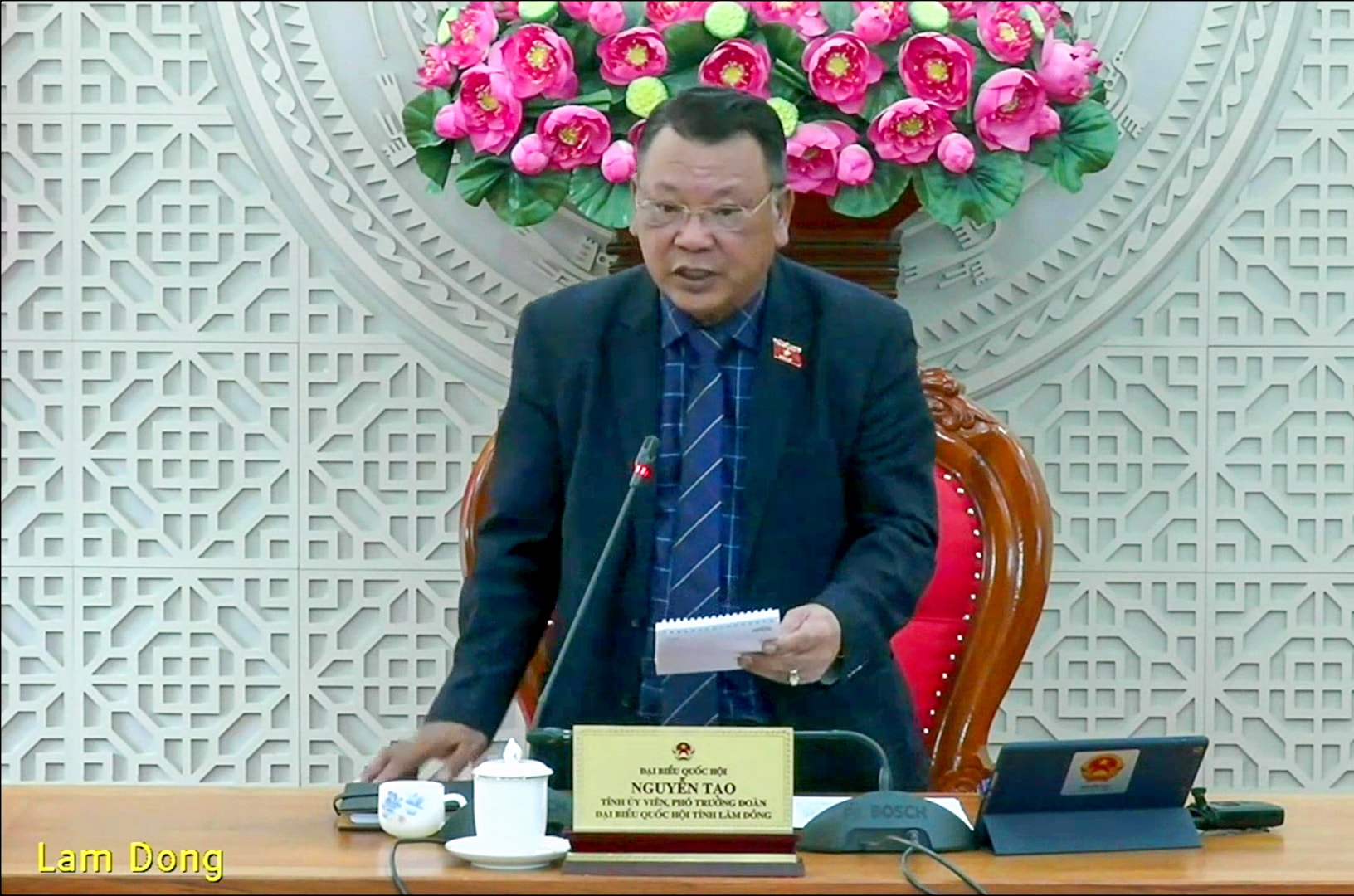 |
Delegate Nguyen Tao - National Assembly Delegation of Lam Dong province gives questioning speech. Photo: Quochoi.vn |
Questioning a group of issues in the field of the Court, delegate Nguyen Tao - National Assembly Delegation of Lam Dong province stated that in recent years, although the Court sector has implemented many regulations on preventing and handling negativity and corruption within the sector, however, reality shows that there are still many officials and judges violating the law. According to the report of the Supreme People's Court, from 2021 to now, there have been 106 cases of officials and civil servants of the Court sector being disciplined, of which, there are 7 cases of corruption and negativity.
The delegate asked the Chief Justice of the Supreme People's Court to clarify fundamental solutions for the fight against and prevention of corruption and negativity?
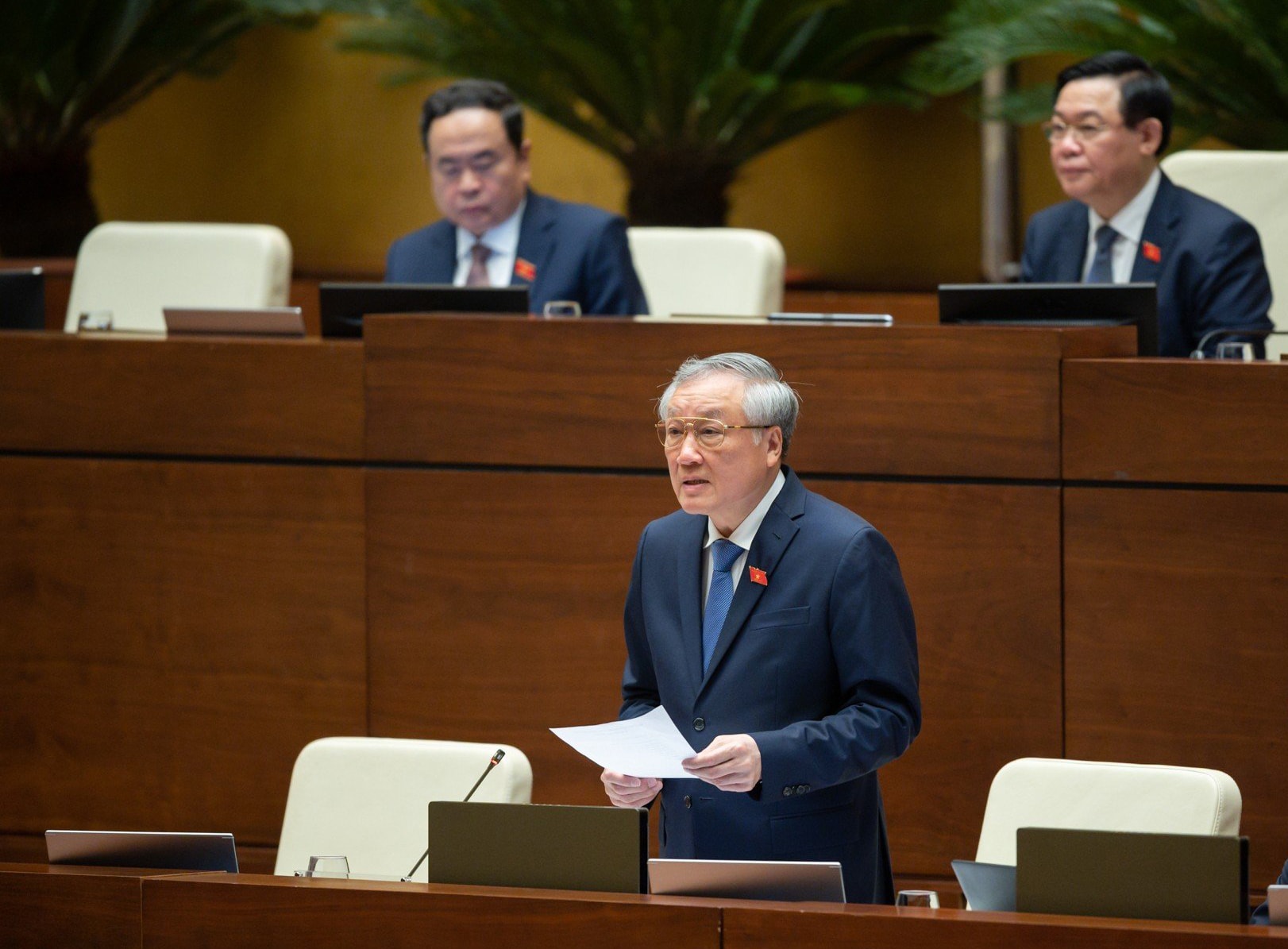 |
Chief Justice of the Supreme People's Court Nguyen Hoa Binh answers questions. Photo: Quochoi.vn |
Responding to delegates' opinions, Politburo member, Party Central Committee Secretary, Chief Justice of the Supreme People's Court Nguyen Hoa Binh affirmed his view that all violations will be strictly handled and there will be no forbidden zones or cover-ups.
Referring to solutions to prevent corruption and negativity, the Chief Justice of the Supreme People's Court said that the industry has many solutions. First of all, it is necessary to strengthen regular inspection and examination work; at the same time, strengthen public ethics and responsibility for judges. The Supreme People's Court has issued a Code of Ethics for Judges and it has been taught in universities of the Court system.
“We even proactively transfer violations to the authorities for inspection, investigation and strict handling according to the law, without cover-up,” Comrade Nguyen Hoa Binh affirmed.
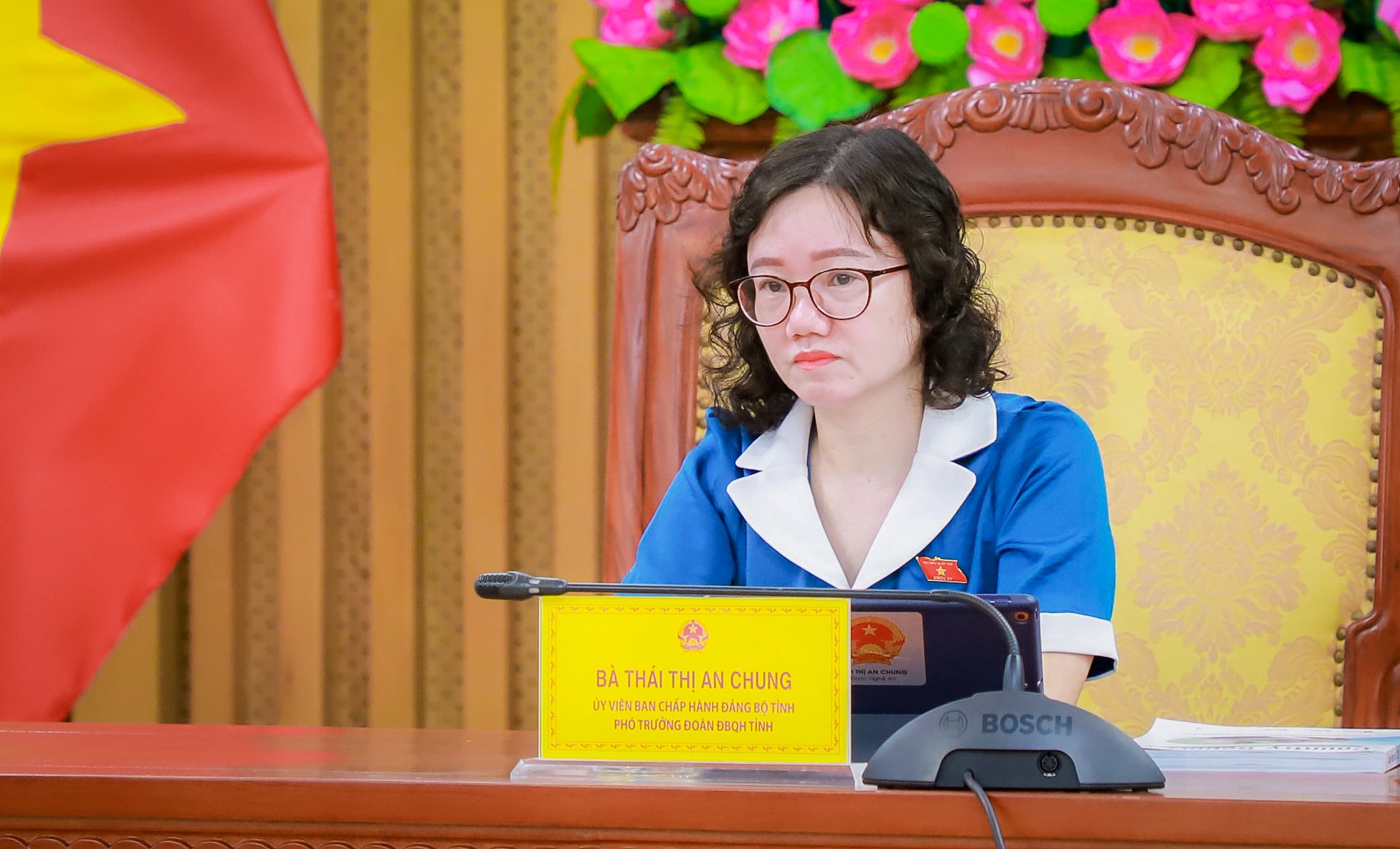 |
Comrade Thai Thi An Chung - Member of the Provincial Party Executive Committee, Deputy Head of the Provincial National Assembly Delegation chaired at the Nghe An National Assembly Delegation bridge. Photo: Thanh Duy |
The Chief Justice of the Supreme People's Court also said that he had issued Decision No. 120/QD-TANDTC dated June 19, 2017 (Decision No. 120) on promulgating regulations on handling responsibilities of judicial position holders in the People's Court with very strict content, even exceeding the requirements of the National Assembly.
For example, the National Assembly Resolution allows the Court system to annul and amend 1.5% of cases, but Decision No. 120 only allows 1.16%. If any "brother" exceeds 1.16% of annulments and amends, even though it is lower than the National Assembly's allowed level, he will not be reappointed.
Regarding the prevention and handling of corruption and negativity within the Court sector, in the report sent to the National Assembly deputies, the Supreme People's Court said that in order to strengthen discipline and public order; prevent and handle corruption and negativity, in recent years, the Supreme People's Court has issued and directed the implementation of many regulations on preventing and combating corruption and negativity within the Court sector.
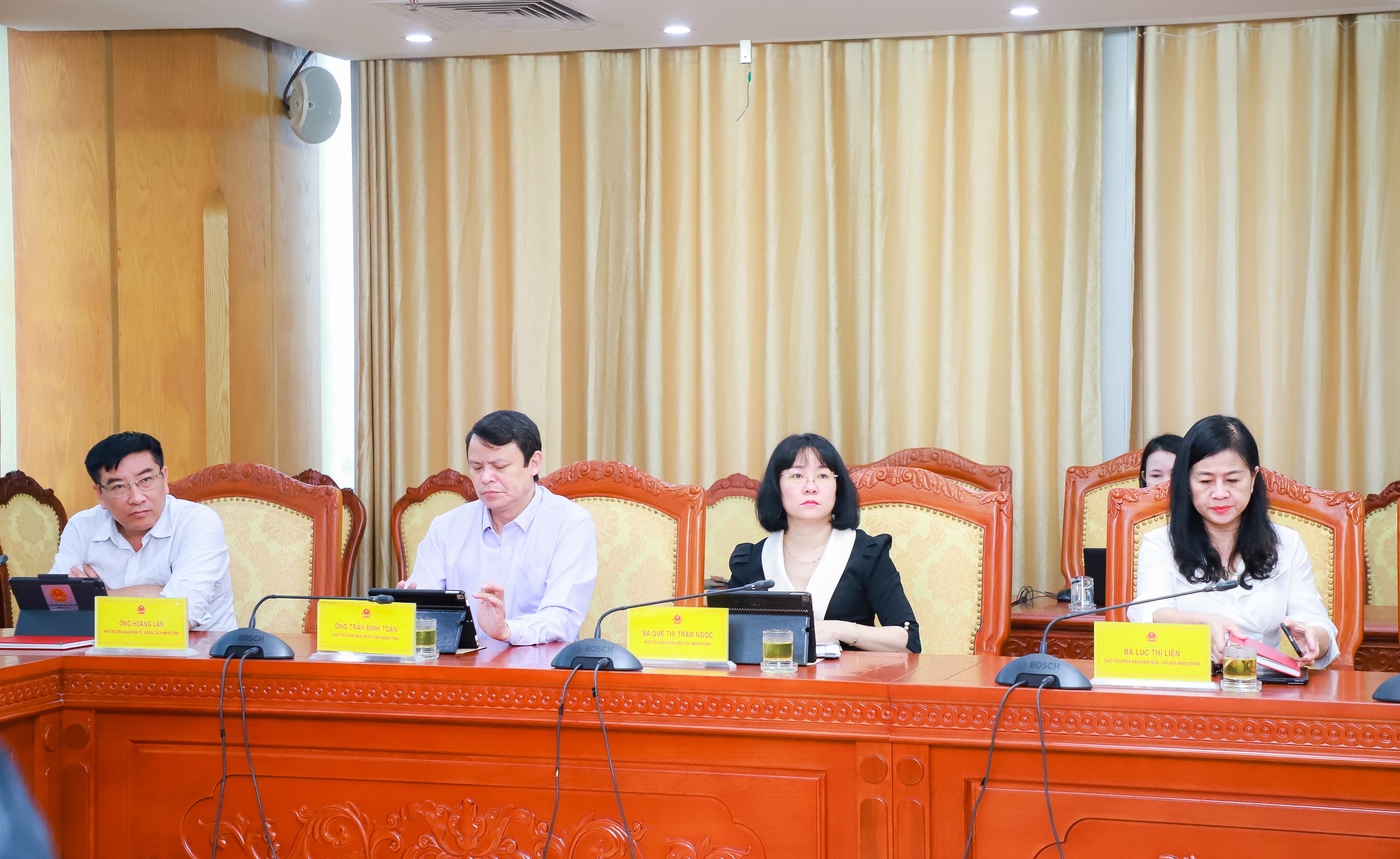 |
Delegates attending at the Nghe An province bridge. Photo: Thanh Duy |
The work of fighting against corruption, inspecting and examining the performance of public duties by officials and civil servants is given attention, directed to be implemented resolutely, regularly and seriously according to the provisions of the law; the handling of violations by officials and civil servants is ensured to be timely and strict, especially acts of harassment and corruption while performing duties.
Along with that, innovate and diversify the forms and contents of inspection, focusing on areas prone to corruption and negativity such as: compliance with the law on recruitment, transfer, rotation, appointment; financial transparency and publicity, spirit and attitude of serving the people;...
The Supreme People's Court has directed to raise the responsibility of leaders in protecting those who discover, denounce, and fight against corruption, waste, and negativity; promptly remove difficulties and obstacles in the performance of tasks of subordinates; at the same time, they must take responsibility if they loosen leadership and management, do not exercise full authority, allowing corruption to occur in the unit.
Recently, there have been a number of cases of officials and judges violating discipline, even violating the law and being prosecuted for criminal liability. In 2021, 43 cases were disciplined, of which 3 were corruption and negative cases. In 2022, 35 cases were disciplined, of which 4 were corruption and negative cases. From October 2022 to now, 28 cases have been disciplined.



